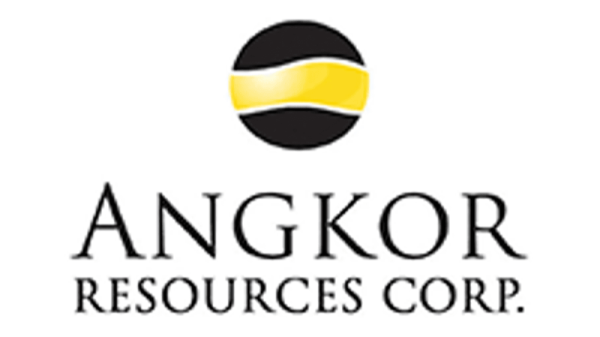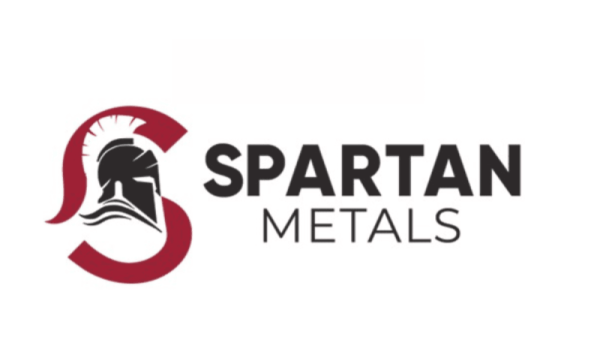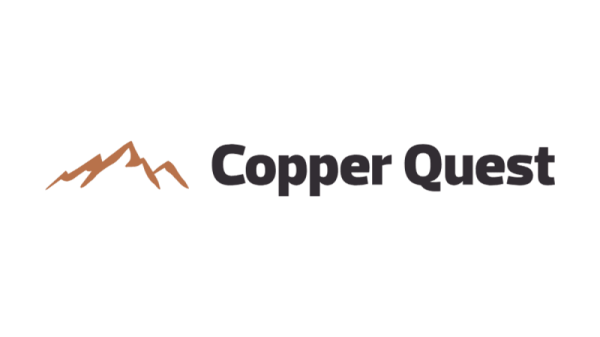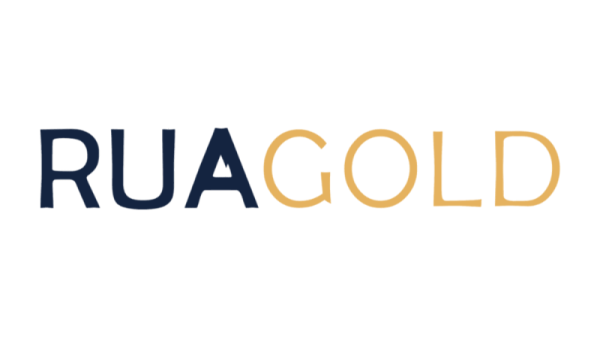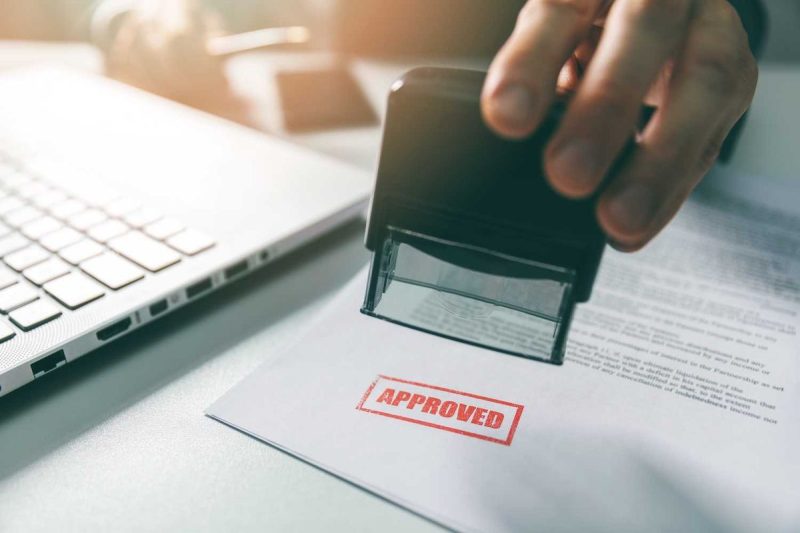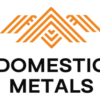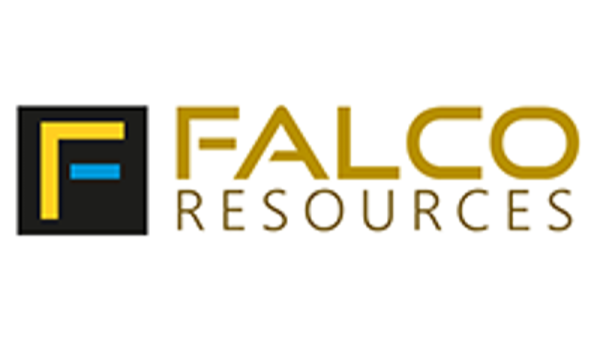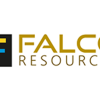Chile’s state-owned copper giant Corporación Nacional Del Cobre de Chile (Codelco) and local lithium producer Sociedad Quimica y Minera (SQM) (NYSE:SQM) cleared the final major hurdle for a long-planned partnership after China’s antitrust regulator granted conditional approval to the venture.
The green light allows the joint venture to move forward, pending formal authorization from Chile’s comptroller, which is widely expected by year-end.
The joint venture will operate in Chile’s Salar de Atacama, one of the richest lithium brine sources globally, to provide critical components for electric vehicles and battery storage.
China’s State Administration for Market Regulation said in a statement that Codelco and SQM must continue supplying Chinese customers on “fair, reasonable and non-discriminatory” terms, honoring existing commitments.
The regulator also required the companies to avoid sharing sensitive information with competitors and to follow specified corporate governance practices.
“In the event of a major supply change, both sides should make reasonable and best efforts to continue the supply of lithium carbonate products to Chinese customers … they should not turn down, restrict or delay supply to Chinese clients,” the statement added. Details of the conditions were kept confidential.
The joint venture will operate in two phases. SQM will oversee management through 2030, after which Codelco will take control for the remaining 30 years.
Codelco will contribute a production quota of up to 300,000 metric tons to the venture, while current output remains below 200,000 metric tons. Production gains are expected to come from technological improvements and efficiency measures rather than expanded brine extraction.
Analysts say the partnership could provide greater supply certainty to battery makers, even as lithium prices remain more than 80 percent below their late-2022 peak amid a global surplus.
Chile’s Economy Minister Álvaro Garcia said in August that he expected the deal to close before the current administration leaves office in 2026.
Multiple international regulators, including those in the European Union, Brazil, Japan, South Korea and Saudi Arabia, have already signed off.
For China, securing supply from Chile remains critical. The antitrust conditions reflect Beijing’s interest in maintaining steady imports while preventing the venture from disrupting market prices.
Currently, China is the world’s largest battery metal consumer and a major buyer of Chilean lithium.
Securities Disclosure: I, Giann Liguid, hold no direct investment interest in any company mentioned in this article.

